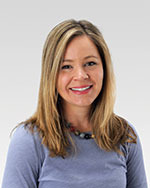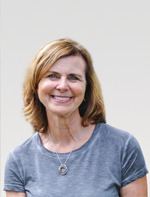
Monday, April 6, 2020 - 3:30pm
Presented by Warren Berger and Elise Foster
Why does engagement plummet as learners advance in school? Why does the stream of questions from curious toddlers slow to a trickle as they become teenagers? Most importantly, what can teachers and schools do to reverse this trend? Join Warren Berger and Elise Foster as they discuss how educators can transform their classrooms into cultures of curiosity.
New York 6:30pm EDT | London 11:30pm BST | Singapore 6:30am +1 SGT | Melbourne 10am +1 AEDT









